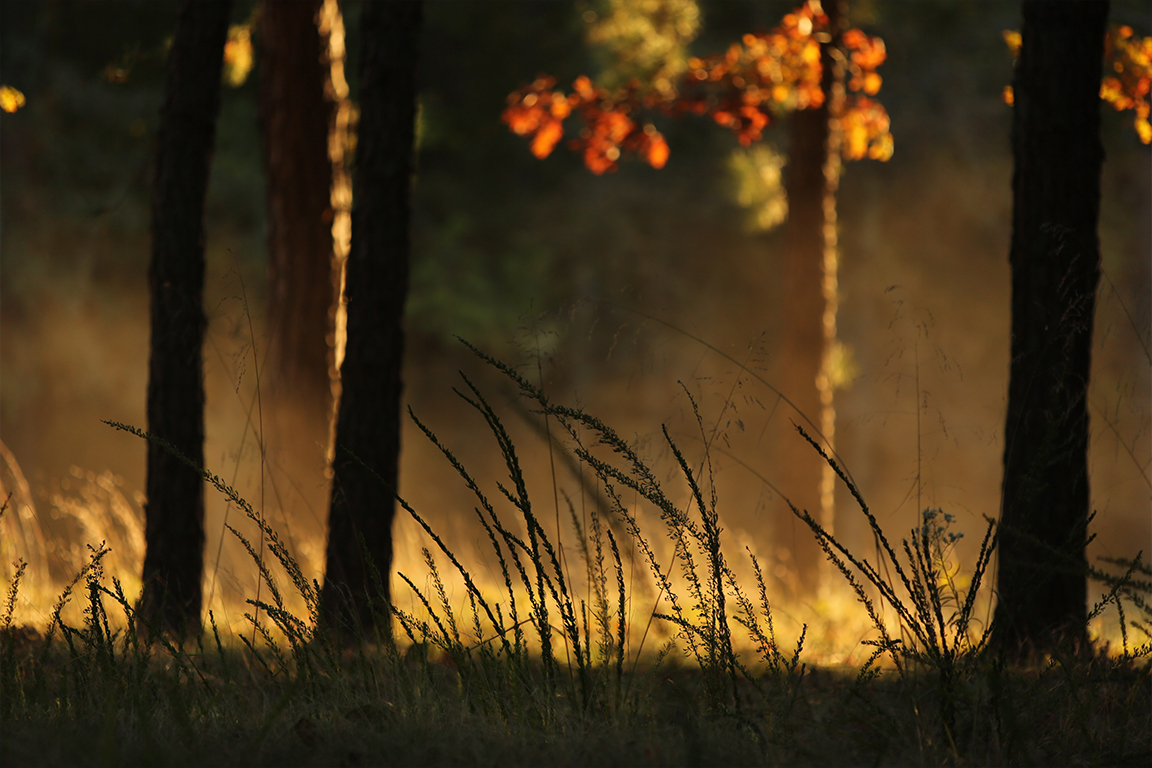Golf: The Musical
December 15, 2010 – Looking for a stocking stuffer to give that golfer in your family? Try theater tickets. In a revival of the original production from 2003, Golf: The Musical is currently playing off-Broadway through January 16, 2011. Below is a review of the show by George Kirsch, professor of history at Manhattan College in Riverdale, N.Y., and the author of Golf in America (University of Illinois Press, 2008).
Golf: The Musical
Midtown Theater at Ha! Comedy Club
163 W. 46th Street, New York, N.Y.
If you are puzzled about why any composer, producer, or director would want to do a show about golf, all you have to do is buy a ticket to Golf: The Musical and hear the rousing opening song. It lists the top ten reasons for this lighthearted musical review of jokes, skits, and tunes about the auld Scottish game. It is a revised (and improved) version of the original 2003 off-Broadway production, which had a brief encore in 2005. More recently the show had a lengthy run in Florida, and is currently playing in Myrtle Beach, S.C., as well as New York.
While y ou certainly don’t have to be a duffer of a certain age to appreciate Michael Roberts’s music, book, and lyrics, you will enjoy his creation more if you have some knowledge of the game and are old enough to remember the films that paired Bob Hope and Bing Crosby. Two young men who accompanied me at a preview knew little about their movies and thus missed most of the charm and the humor of the duet, “The Road to Heaven,” performed brilliantly by Tom Gamblin as Bing and Brian Runbeck as Bob. On the other hand, one of my guests lost a playoff in the audience participation putting contest segment, even though he had never played the game.
ou certainly don’t have to be a duffer of a certain age to appreciate Michael Roberts’s music, book, and lyrics, you will enjoy his creation more if you have some knowledge of the game and are old enough to remember the films that paired Bob Hope and Bing Crosby. Two young men who accompanied me at a preview knew little about their movies and thus missed most of the charm and the humor of the duet, “The Road to Heaven,” performed brilliantly by Tom Gamblin as Bing and Brian Runbeck as Bob. On the other hand, one of my guests lost a playoff in the audience participation putting contest segment, even though he had never played the game.
In addition to the opening number and the Hope/Crosby parody, I particularly liked Christopher Sutton’s rendition of the “The Golfer’s Psalm” and “Hymn to Tiger Woods,” with updated lyrics that lampoon his recent transgressions. Other highlights include Lyn Philistine’s engaging solos, both of which are spiced with double entendres. “My Husband is Playing Around” (get it?) is a lamentation of a jealous golf widow; “Golf’s Such a Naughty Game” is the sexy siren song of a temptress. Ms. Philistine also takes the lead in “A Great Lady Golfer,” which begins as a soulful blues piece and ends as an up-tempo complaint about the lack of respect paid to the best women golfers in the world. “Golfing Museum,” beautifully sung by Mr. Sutton, pokes fun at stodgy shrines that honor past champions and traditions but resemble mausoleums. Brian Runbeck’s tender tribute to his new oversized driver, “Big Bertha,” has the predictable references to the club as both a love object and an extension of his private parts.
Golf: The Musical concludes with two pieces that are poignant and inspirational. “The Beautiful Time,” sweetly sung by Mr. Gamblin, has a lovely melody and a surprise twist in the final verses. “I’m Going Golfing Tomorrow” is a testament to the addiction that compels an otherwise sane man to drive a colored golf ball off a frozen tee down a snow covered fairway in subzero weather, or sneak out to a course as his comatose wife lies in a hospital, or shuffle around the links in slow motion when he is at death’s door.
After seeing the show I listened to the original cast album of the 2003 production, and happily at least three of its tunes that were clunkers did not survive the cut for the current show. The bad news is that the comedy sketches that replace them are only marginally better. Moreover, a few of the original songs would have benefited from some more tweaking. “Presidents and Golf” has a catchy martial tune and a few funny bits about our chief executives’ obsession with the sport. But it misses the mark with Eisenhower (who ordered staff members to remove squirrels that were ruining his practice green outside the Oval Office) and Clinton (who hit so many “mulligans” that reporters called his do-over shots “Billigans”).
The production is staged in a comedy club with a bar, and even though most of the show is funny and very entertaining, a drink or two certainly enhances the experience. Roberts’s varied, lively score and clever lyrics, Christopher Scott’s expert direction, and Ken Lundie’s musical direction and spirited piano playing all merit praise. But there are several dead stretches, and too many of the jokes are lame, tasteless, old, or simply bad.
When I met a member of the cast after the performance I suggested that the director consider adding an old favorite that no doubt dates back to Hope’s heyday: “Why do golfers always wear two pairs of socks?” He laughed at the punch line and perhaps he will use it some day. I admit that it is only slightly funnier than some of the jokes in the show. (Answer: “Because he had a hole in one.”)
--George Kirsch
